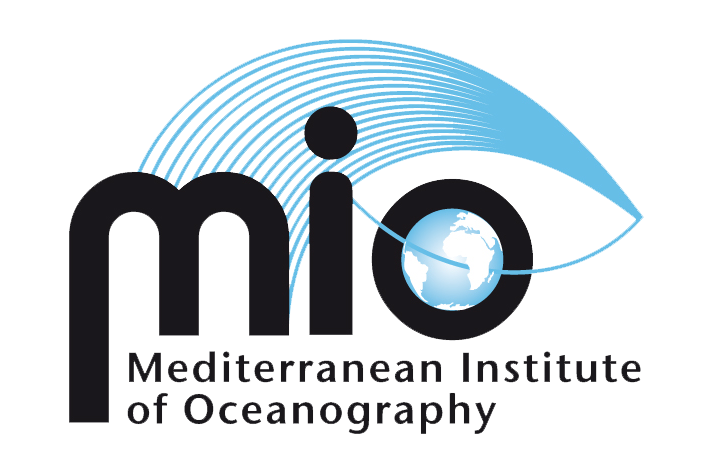Congratulations to Baptiste Dombs (OPLC) who defended his thesis on Monday December 13, 2021
On the following topic:
"Identification and detection of transient phenomena contained in low signal-to-noise ratio radar measurements. Joint applications to oceanographic and atmospheric problems".
Under the supervision of Mr. Charles-Antoine GUERIN, University Professor, University of Toulon and Mr. Julien MARMAIN, Degreane Horizon, thesis co-supervisor
before a jury composed of
Mr. Alexandre BAUSSARD, University Professor, University of Technology of Troyes, Rapporteur
Mr. René GARELLO, Professor Emeritus, IMT Atlantique, Rapporteur
Mrs. Anne MOLCARD, University Professor, University of Toulon, Examiner
Mrs. Marie LOTHON, CNRS Research Associate, OMP - Observatoire Midi-Pyrénées de Toulouse, Examiner
Mr. Julien MARMAIN, Doctor, Degreane Horizon, Co-supervisor
Mr. Charles-Antoine GUERIN, University Professor, University of Toulon, Director
Abstract
The observation of the dynamics of the atmosphere and the ocean surface can be achieved by radar remote sensing. The usual approach consists, in both cases, in numerically calculating the Doppler spectrum of the received temporal echoes using a discrete Fourier transform. Although satisfactory for most applications, this method is not suitable for the observation of transient phenomena, which are shorter than the integration time required for radar observation. We use an alternative technique, based on an autoregressive representation of the radar time series and associated with the maximum entropy method. This approach is applied to the measurement of surface currents by coastal radar in the high frequency band, and then to the measurement of wind in the lower atmosphere by L-band radar. In both situations, we show with the help of numerical simulations, comparisons with other instruments and case studies that the proposed approach leads to reliable estimates of geophysical quantities (ocean currents and wind speeds) for short integration times, where the conventional method fails.
Key words: remote sensing, oceanographic radars, wind profilers, ocean currents, space radars, tsunami, turbulence, autoregressive models, maximum entropy method.

